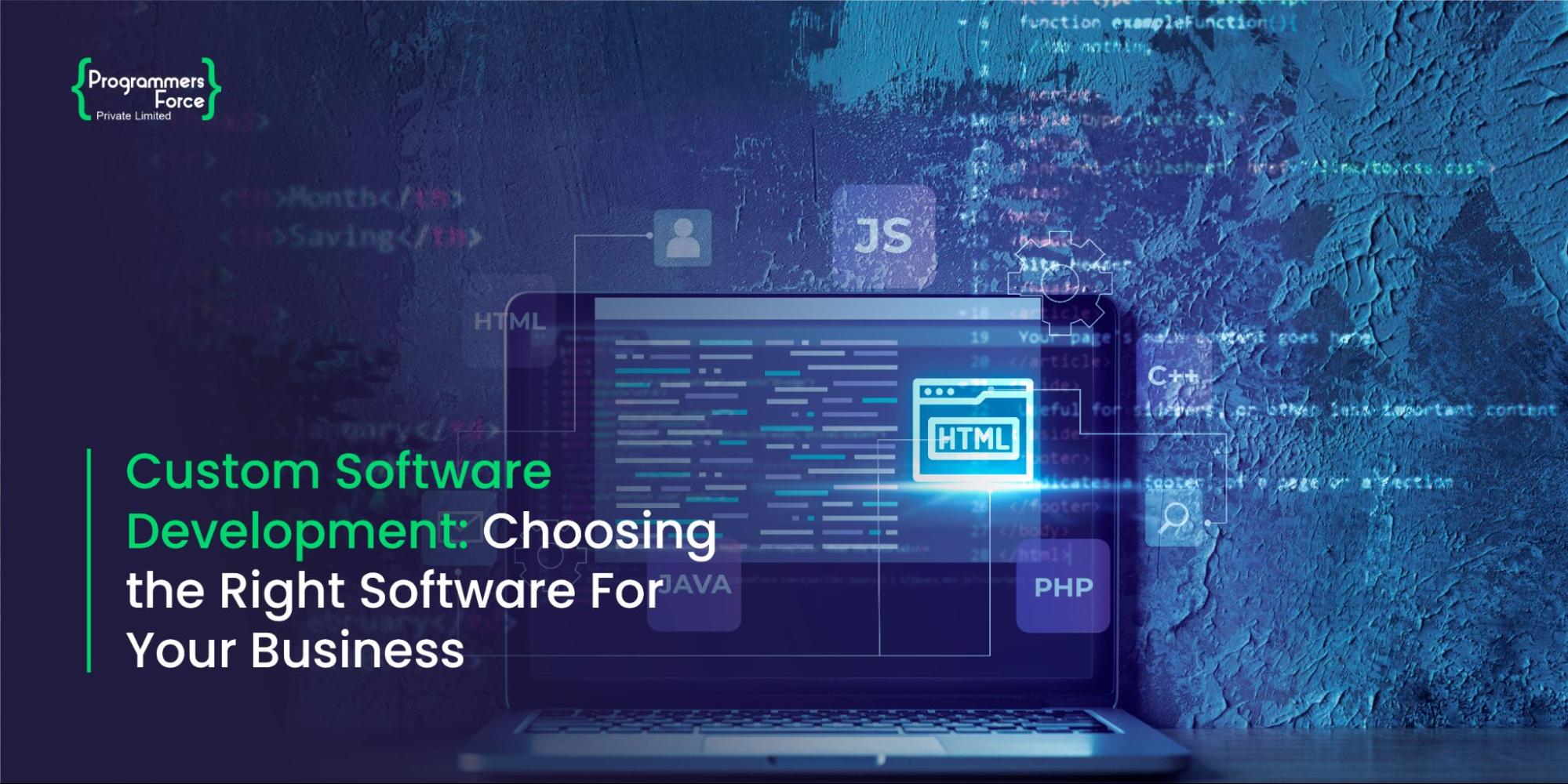
What the Future Holds for Machine Learning
Machine learning is an evolving concept in which many tech giants invest enormous amounts. It is a subcomponent of AI (Artificial Intelligence) and has proved an excellent technology for making innovative and self-learning digital systems.
The limits are endless as ML algorithms are improving each day, making it one of the major trends to look at in the modern world.
The machine learning market is the largest segment of AI and is expected to grow from around $22.6 billion to nearly $126 billion by 2025.
What is Machine Learning?
Machine learning (ML) can be defined as a subfield of computer science that spans algorithms, data analytics, and artificial intelligence (AI). It is a type of artificial intelligence in which computer systems automatically use data to learn and improve their functionality.
By the end of the decade, 90% of all businesses will use some form of machine learning. The technology is already heavily used in areas like autonomous vehicles, business intelligence, and fintech. In fact, many businesses already use algorithms to optimise their operations.
Machine learning makes it possible for computers to use data to make predictions and improve their functionality without being programmed for specific tasks. ML can analyse substantial amounts of data to generate insights and make predictions. It can also be used to create virtual assistants that respond to human speech and interact with other apps.
Why is Machine Learning the technology of the Future?
Machine learning has been in use for a long time, but it has only been in the last few years that it has seen a massive rise in popularity. This is due to the rising amount of data generated by the digital economy, which has led to greater demand for data analysis and self-learning capabilities.
Businesses are finding that ML is an amazingly effective way for their systems to analyse and manage this data, which means that the technology will likely become even more prevalent. The potential of machine learning is not limited to business either. It can also improve the functionality of other digital systems, such as computer interfaces and healthcare systems.
Fast Data processing
Data is the basis of any business. It is found in all sectors, whether healthcare, education, finance, or any other industry. Among the numerous benefits machine learning can bring to the table, it can also help with data processing.
Machine learning databases are becoming increasingly popular because they can learn from experience and make predictions based on those experiences, which means they can improve their performance over time.
The algorithms used in machine learning can simplify data storage, preparation, and analysis. This can help companies to manage their data more effectively. Machine learning can also be used to improve data security and privacy. Firms can use this technology to help identify privacy breaches and protect sensitive data.
Continuous Operations
Machine learning can help businesses to ensure continuous operations. It can be applied to a variety of processes and systems to support and make them more efficient.
Machine learning can be applied to issues such as fraud detection, risk management, and data analysis. It can also be used for predictive analysis, which can help businesses to identify problems before they arise.
Solutions based on ML are suitable for tasks that involve clustering, classification, and regression problems. These operations are often more challenging to solve with traditional algorithms. This way, machine learning can ensure continuous operations for businesses and improve their performance.
Improving Ability Overtime
Businesses are continuously looking for ways to optimise their operations and increase efficiency. With machine learning, companies can do more with less and improve their efficiency over time.
Machine learning can also be used to develop and train artificial intelligence systems. It makes it possible to continuously improve the algorithms and make them more effective with time.

Industrial Use Cases of ML
Machine Learning (ML) is the application of artificial intelligence to improve operational efficiency. ML has been used in many industries, including healthcare, education, and finance.
Machine Learning in Healthcare
The healthcare sector has heavily invested in machine learning in recent years, and it has proven to be quite effective. The technology can be applied to various processes in the healthcare system.
Healthcare systems can benefit from machine learning in many ways, such as by helping to manage patient data, predict disease outbreaks, and create individualised treatment plans based on previous data insights analysed by the system automatically.
Machine Learning in Education
With the ever-growing popularity of AI and machine learning, it is not surprising that educators are looking for ways to implement these concepts in the classroom. There are many benefits associated with using machine learning in the education system.
Students can use it to analyse enormous amounts of data and make predictions. They can also be trained with virtual assistants that respond to human speech and interact with other apps.
Machine learning can be applied to many distinct aspects of the education system. For example, it can analyse student progress and create personalised learning plans based on that information. Alternatively, it can be used to analyse teacher performance and suggest an improvement.
Machine Learning in Fraud Prevention
The rise of e-commerce has led to a growing problem with online fraud. Therefore, many businesses have started implementing machine learning to prevent digital crimes.
Machine learning can be applied to various systems to identify fraudulent activity and prevent it. It can analyse credit card transactions, identify suspicious patterns, and make predictions based on that information.
Where Programmers Force Can Help
Machine learning is an essential part of the future of technology, and it will only become more prevalent as time goes on. Businesses in various sectors are using machine learning to make their operations more efficient and will likely begin to adopt the technology in the coming years.
Programmers Force is contributing to improving technology with its visionary approach towards the AI revolution. Our team comprises intelligent individuals that create innovative solutions for the betterment of the business landscape worldwide. With our goal-oriented approach, anyone can join the ever-growing team to expand their knowledge and skill set.










